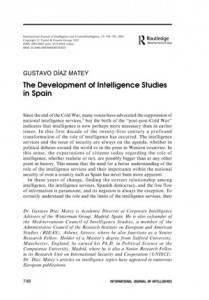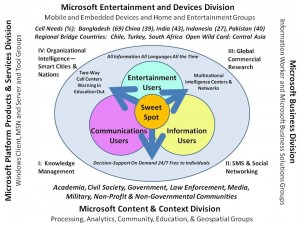
November 23, 2010
The Root Causes of the Defense Budget Mess
Another Free Ride for the Pentagon?
By FRANKLIN C. SPINNEY
Counterpunch
http://www.counterpunch.org/spinney11232010.html
The Simpson-Bowles Deficit Commission will be reporting out its results in early December. We can expect that it will focus on domestic spending, especially entitlements, including Social Security. By the time the dust settles, it is quite likely that the Pentagon — really the Military – Industrial – Congressional Complex — will get a free ride for the reasons predicted by President Eisenhower in his farewell address.
Given the short attention span of the mainstream media, we can expect the Commission's recommendations will be examined as if they are current news, devoid of historical context. But the question of context — specifically, as it relates to how the spending behaviour of the US government managed to destabilize the improving trend in budget balances of the late 1990s (due in large part to the huge and growing surpluses of the Social Security Trust Fund in the 1990s as well as the effects of the economic expansion) — is central to any rational determination of whether the enactment of Simpson-Bowles' recommendations will make things better or worse. Given the gravity of our economic situation, this kind of omission would simply compound the ongoing American Tragedy.
Read the rest of this referential article, including historical and current referential links…
Journal: Deficit Reduction Plan Hoses Everyone BUT the 10% at the Top
Reference: USA in Denial Over Reality








